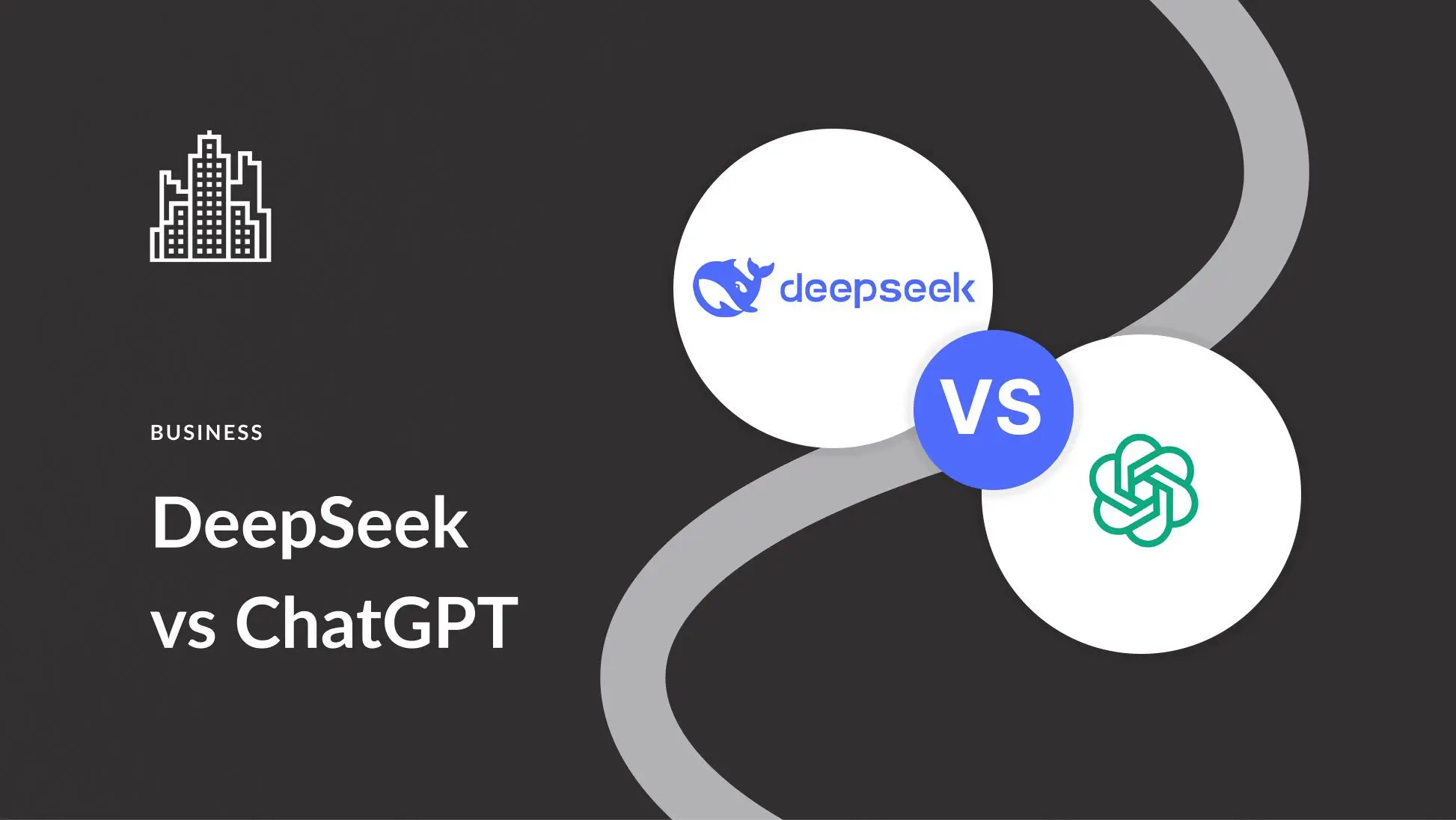
The rise of artificial intelligence (AI) tools has brought about a revolution in how we interact with technology. Among the most popular AI-driven platforms, Deepseek and ChatGPT have gained significant attention. Both promise to enhance user experience, streamline tasks, and facilitate better communication. However, Deepseek vs ChatGPT is a debate that has sparked interest due to their distinct capabilities. In this article, we will dive into a detailed comparison of these two platforms.

Deepseek is an advanced AI tool designed for information retrieval and data analysis. It utilizes cutting-edge algorithms and machine learning to dig deeper into data, providing users with highly accurate and relevant search results. The platform aims to assist professionals, researchers, and analysts in accessing the most relevant information quickly.
Some of its key features include:
Deepseek primarily serves professionals in research, business intelligence, and data analytics sectors.
On the other hand, ChatGPT is an AI-driven conversational model developed by OpenAI. It is based on the GPT-3 (Generative Pre-trained Transformer 3) architecture, which enables it to generate human-like text responses across a variety of topics. ChatGPT is a versatile tool, used in applications ranging from casual conversations to business communication and customer support.
Key features of ChatGPT include:
ChatGPT is primarily used for personal interaction, content creation, and assistance with everyday tasks.
Now that we have a clear understanding of both platforms, let’s explore their key differences in terms of functionality, use cases, and overall user experience.
| Feature | Deepseek | ChatGPT |
|---|---|---|
| Purpose | Information retrieval, data analysis, research | Conversational AI, content creation, support |
| Technology | Advanced search algorithms, data integration | GPT-3 language model, conversational AI |
| Primary Users | Professionals, researchers, analysts | General public, students, marketers, content creators |
| Search Capabilities | High accuracy in retrieving structured data | Generates responses based on natural language input |
| Ease of Use | Requires some level of technical understanding | User-friendly, accessible for non-experts |
| Integrations | APIs, databases, data sources | Web integration for conversational purposes |
| Key Strength | Data analysis, information retrieval | Natural language processing, human-like dialogue |
When it comes to performance, Deepseek is highly specialized in data-driven tasks. Its ability to pull insights from large datasets and analyze structured data makes it a powerful tool for researchers and business analysts. However, its functionality is limited to specific tasks, making it less versatile than ChatGPT.
In comparison, ChatGPT excels in open-ended conversations and can generate responses to a wide array of questions. While it might not have the same depth in specialized data analysis, its ability to simulate human-like conversation makes it a user-friendly choice for many.
In terms of speed, both platforms perform efficiently, though they are optimized for different types of use:
The decision between Deepseek and ChatGPT depends largely on your specific needs and goals. If you are focused on data retrieval and require precise, context-driven search results, Deepseek might be the better choice. However, if you are looking for an AI companion to help with content generation, customer interaction, or casual inquiries, ChatGPT is the more suitable option.
In summary, while both platforms offer advanced AI capabilities, they excel in different domains—Deepseek in data analytics and ChatGPT in conversational AI.